Hi, it’s Junko from Japan! Are you wondering if the Japanese name MEI is good or bad? Then you’re now in good hands!
As a native Japanese speaker, I’ll fully explain what the name MEI can mean. Let’s dive in!
Kanji Symbols & Meanings for MEI
Usually, MEI consists of two Kanji symbols, ME and I. We have several options for each symbol, which will generate various combinations and meanings for the name.
Here I show you possible options. There’re countless Kanji characters for MEI sounds, but not all the symbols are suitable for names, and some character even stands for negative or odd meanings such as “realm of the dead” and “get drunk.”
So I carefully hand-picked meaningful and beautiful letters that naturally match the name MEI.
Meanings for ME
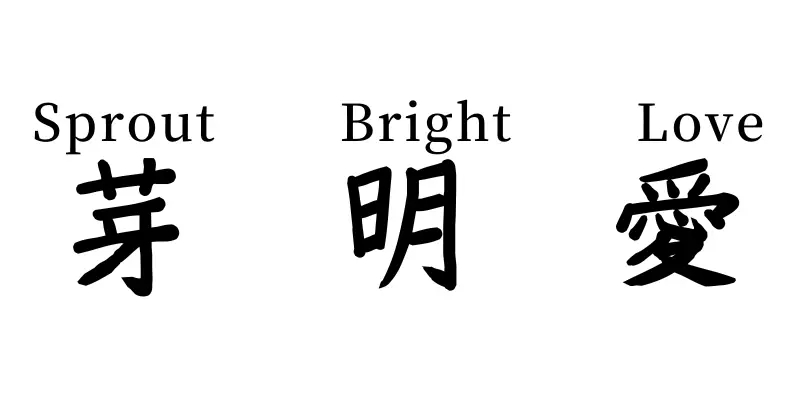
- sprout
- bright, down night, make something clear
- love
Meanings for I
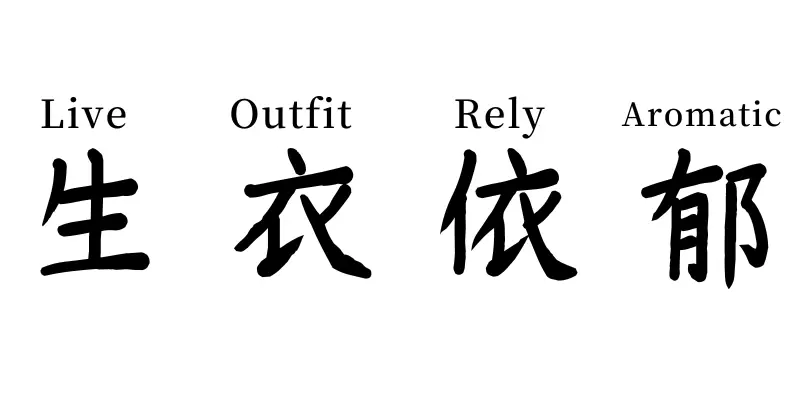
- live, life
- outfit
- rely on, cherish, peaceful
- have high cultral standards, aromatic
These are some common examples of the actual combinations.
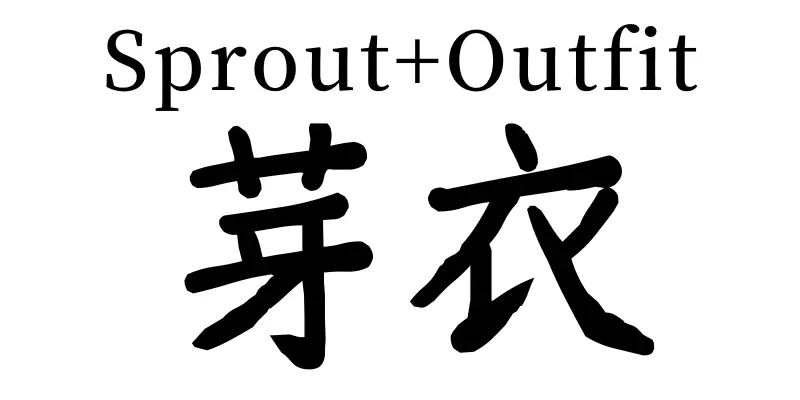
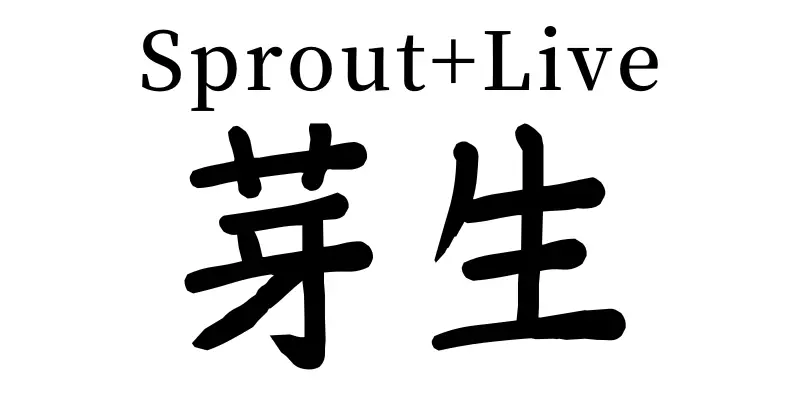
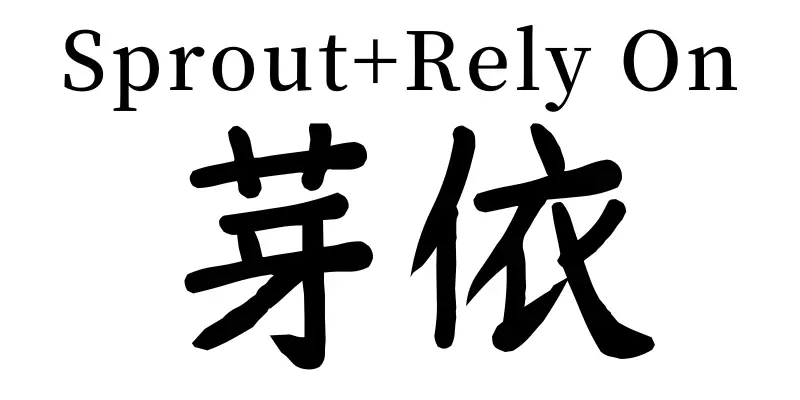
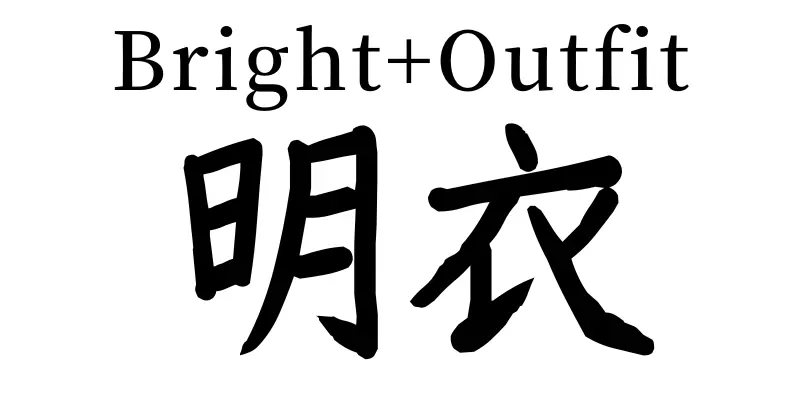
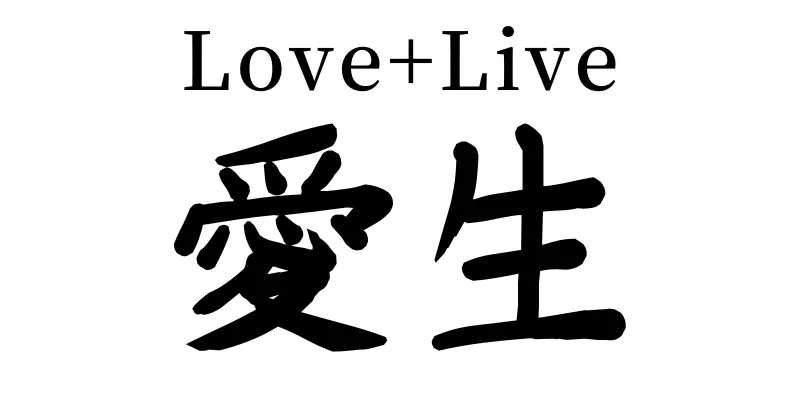
What are the Impressions of MEI?
MEI is a cute and modern name that is very popular for baby girls. According to a survey by a Japanese insurance company Yasuda Meiji, MEI ranked second in the list of favorite Japanese name pronunciations in 2022.
When it comes to MEI, many Japanese people remember an anime girl named MEI in a Ghibli movie, Tonari no Totoro (My Neighbor Totoro).
She’s an energetic and adorable girl. So some parents name their girl MEI wishing that she would grow into a healthy and bright girl like MEI in Totoro.
Also, most Japanese know what the English word MAY means, and the Kanji symbol for ME (sprout in Japanese) is associated with spring.
That’s why the name MEI is especially preferred as a name for girls born in May.
Is the Name MEI for Boys or Girls?
MEI is usually used for girls in Japan.
Related Posts about Japanese Names
Gift of God: 6 Authentic Japanese Names for Baby Girls
25 Beautiful Japanese Girl Names That Mean Flowers
12 Mysterious Japanese Girl Names That Mean MOON
7 Serene Japanese Names That Mean NIGHT
Read More: Japanese Names: Authentic and Meaningful Guide by a Native Speaker


How Did You Like It?